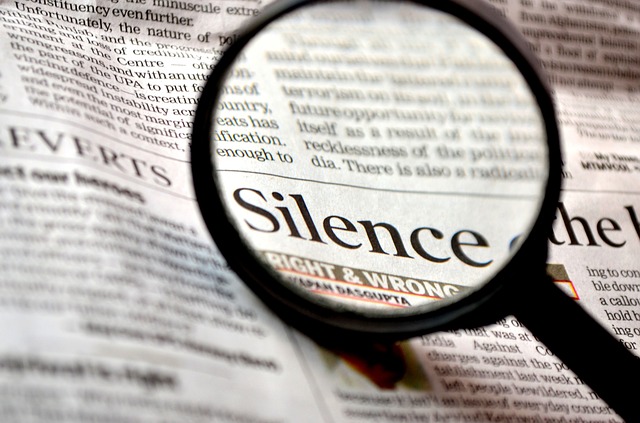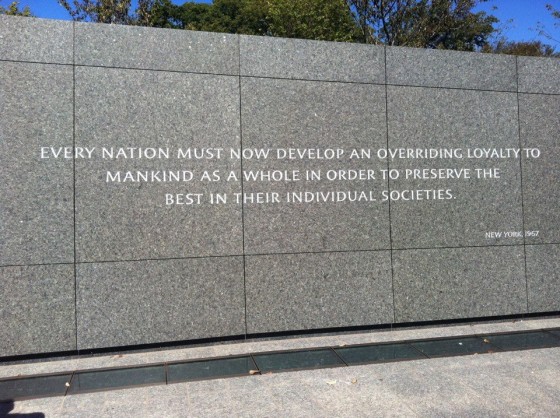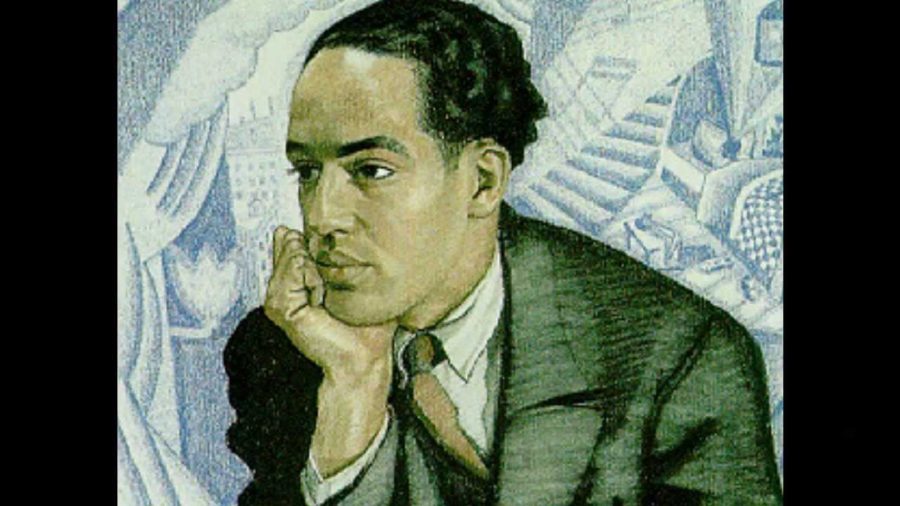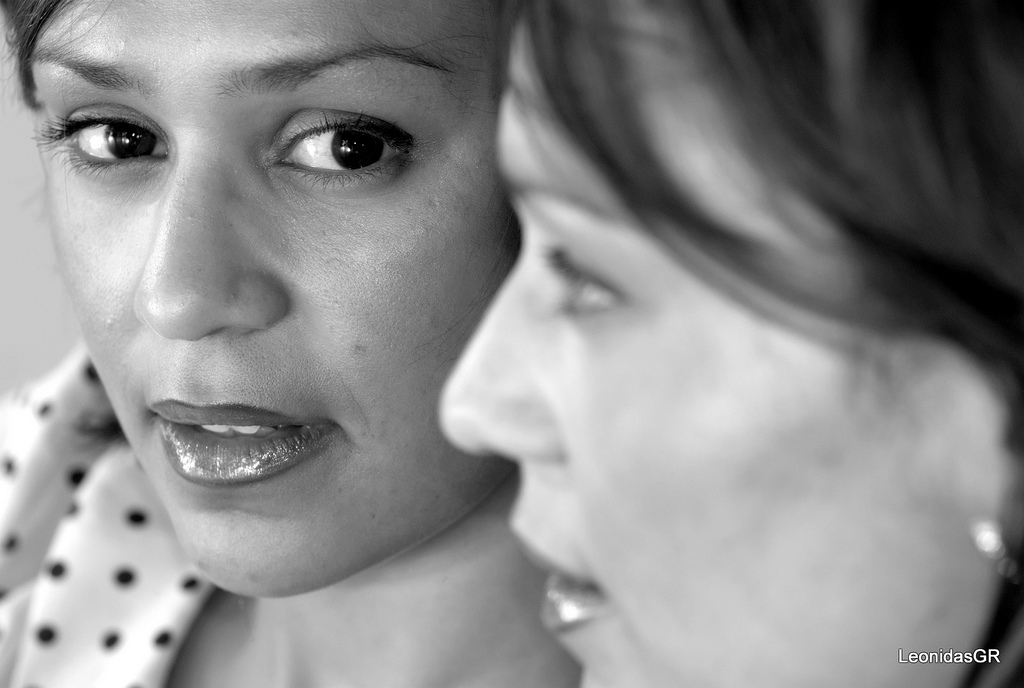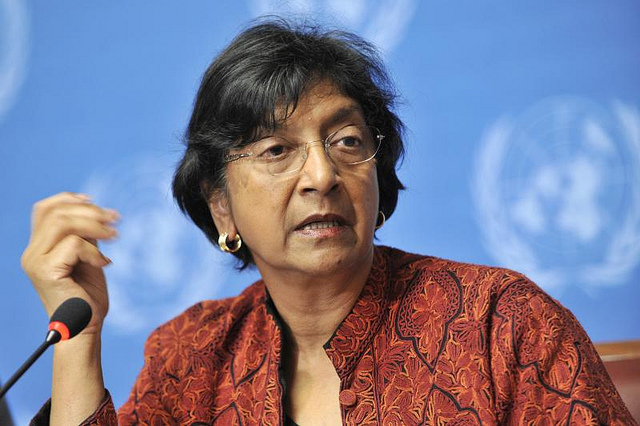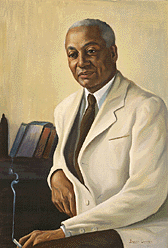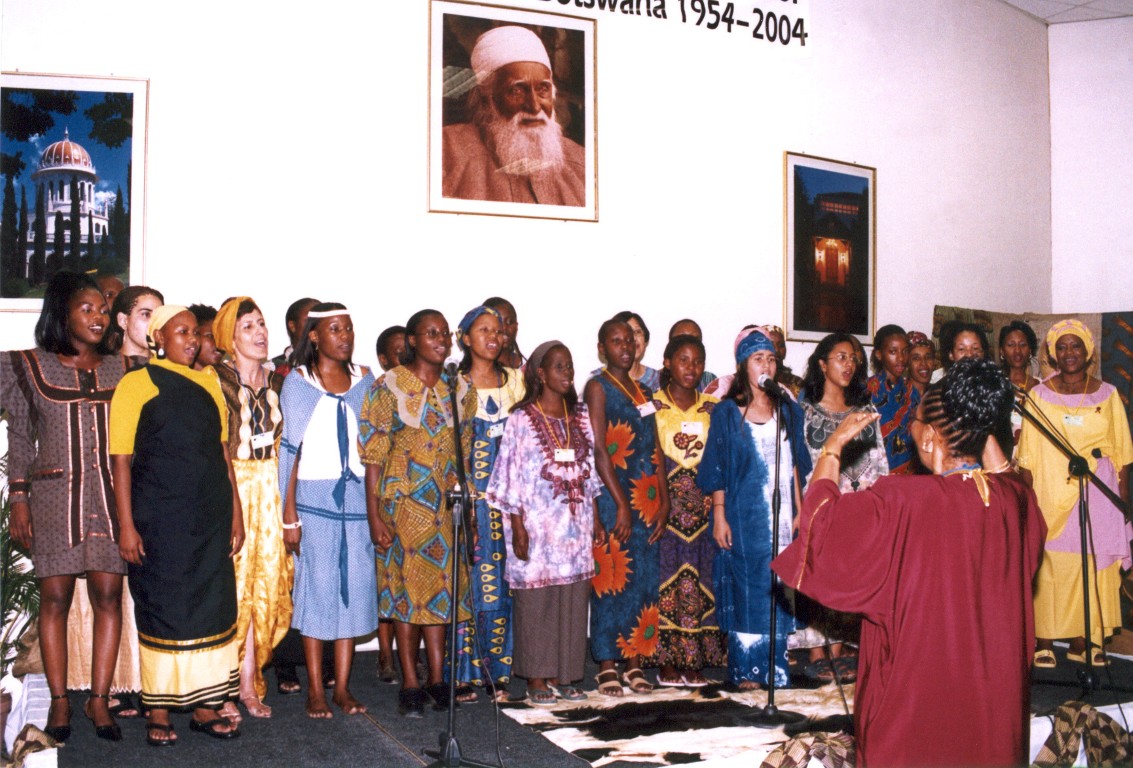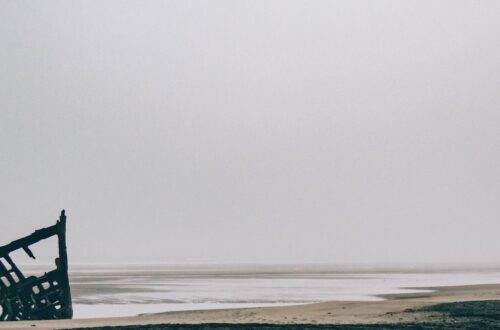-
A refugee journey out of endless war
The anonymous words below come from the reflections of a young person who arrived in Australia as a refugee. She was when she wrote in Australian immigration detention. Her words were submitted to the national inquiry currently being undertaken by Australian Human Rights Commission into children in immigration detention. Links to national inquiry and her full submissions are provided below. Her story tells a refugee journey out of endless war. I am a young Somali girl who face hardest moment in life. I am 18 years old. I was born in Somalia where horror was basic need in our everyday life. I am a simple person who hides a thousands…
-
Three reasons for Abandoning Mandatory Detention
A paper delivered at a roundtable on alternatives to detention held in Canberra, June 9 – 10, 2011 By Penelope Mathew Freilich Foundation Professor The Australian National University Why does mandatory detention of asylum seekers continue in Australia when there are alternatives? In this short presentation, I invite people to think about three important issues that shape the debate about Australia’s policy of mandatory detention – legality, proportionality and risk. I begin with legality, because it is clear that one of the obstacles to alternatives to detention is the perception that unauthorized arrivals seeking asylum have acted illegally. One reason for this perception is that human rights law speaks with…
-
Do Foreigners Have the Same Human Rights as the Rest of Us?
At the core of human rights is the axiomatic truth that human beings have inherent rights: that all human beings are equal and possessed of dignity and that violation of such rights is both morally offensive and legally impermissible. An alternative ordering of human relationships is mandated by exclusive national citizenship. Implicitly and explicitly national citizenship counsels the primacy of the privileged ‘citizen’ over the ‘non-citizen’ ‘other’. Everywhere we see the manifestation of this ordering in gross, systematic and widespread human rights violations: in our laws, practices, attitudes and media. Some of ‘us’ are the privileged beneficiaries of those violations: and we violate the human rights of foreigners as if…
-
UN High Commissioner for Human Rights in Australia
As, UN High Commissioner for Human Rights, Navi Pillay, today acknowledged there are a lot of human rights positives for Australia, but there were two issues on which Australia’s record is troubled: Australia’s treatment of indigenous Australians and asylum seekers. “In my discussions with Aboriginal people, I could sense the deep hurt and pain that they have suffered because of government policies that are imposed on them. I also saw Aboriginal people making great efforts to improve their communities, but noted that their efforts are often stifled by inappropriate and inflexible policies that fail to empower the most effective, local solutions. I would urge a fundamental rethink of the measures being…
-
More than one thousand deaths since 2000
On 15 December 2010, 50 people are believed to have drowned when their asylum seeker boat was smashed, only metres from safety, on the shores of Christmas Island. Some of the bodies of those who died will never be recovered. In protests by asylum seekers that followed, children held in detention are seen holding up placards asking: “The children died. Why?” [1] Yet the children and adults that died on 15 December are (horrifically) only a small fraction of deaths associated with “border security”. Sometime in 2010, the known number of deaths associated with Australia’s border controls passed 1000. This number in turn is only a small fraction of the known global toll associated with similar border security policies which are playing out on borders…
-
Government should take lesson from Christmas Islanders
It appears from all reporting that what makes the tragedy that occurred on the morning of Wednesday 15 December, 2010 on the shoreline of Christmas Island all the more tragic is that human beings had to watch (and listen) helplessly whilst fellow humans died just metres away. The stories of the traumatised witnesses have painted a horrific picture of what it must have been like … the rope that was dragging a victim from the water going limp; a man most desperately wanting to jump into the waves and rescue a little girl but being held back by others who realised the futility of the attempt; and the realisation that a baby and mother who had…
-
Ahmad Al Akabi: Another asylum seeker death in Villawood
Ahmad Al-Akabi, aged 41, had a wife and was a father of three girls aged two, four and seven. He had come to Australia and had hoped to eventually bring his family with him. He arrived by boat. He was from Iraq. He is reported to have been in detention for over a year: first in Christmas Island and then in Villawood (a security facility surrounded by razor wire in Sydney). He had fled Iraq after being attacked by religious militias.[1] It is said that his two applications for asylum were rejected. It is also reported that he had begged immigration authorities to be allowed to go home. His deportation request was confirmed…
-
Only Water in a Stranger’s Tears
‘It’s only water in a stranger’s tears.’ I start with this line partly because I’ll always get in a musical reference if I can (it’s a lyric from the song Not One of Us, by Peter Gabriel), but also because it sums up to me what defining ‘the other’ (the foreigner) seems to be all about: denying the humanity of a particular group of people. And perhaps nothing defines our humanity as much as our tears, whether from grief, distress, fear, or even happiness. We shed tears when emotion, that quintessentially human experience, overwhelms us. We cry with sympathy, too, and not just for people we know. You’d be forgiven…
-
Australia seeks to process asylum seekers in East Timor
In a policy announcement echoing the discredited ‘Pacific solution’ of the previous Liberal Government, the new Australian government has decided to seek to detain asylum seekers in a ‘regional processing centre’ in East Timor. The new Australian policy reflects a general hardening of policies towards asylum seekers in the lead up to national elections. ABC news report ex-Amnesty International chief as saying that this policy will not work. The policy also reflects increasing practice engaged in by European nations of engaging third countries to prevent arrivals of asylum seekers and irregular migrants. A notable example is the detention in Libya of migrants seeking to reach Europe. The Global Detention Project…


